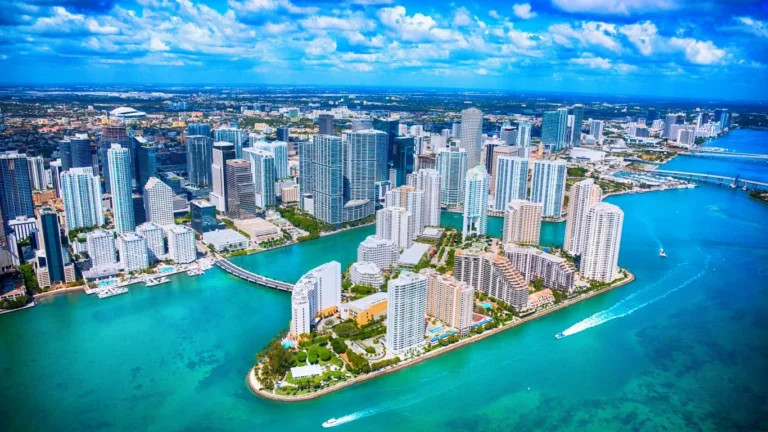Climate-Friendly Cities Among America’s Least Expensive–Cleveland and Detroit

Geopolitics and globalization expert Dr. Parag Khanna wrote a book in 2021 titled “Move: The Forces Uprooting Us.” In his analysis, he suggested that the Great Lakes region of the US would be among the best places for people to live in 2050, a time when he believes that climate catastrophes will alter the world. The press extensively covered the book’s relocation suggestion, particularly in Michigan. The analysis did not include that the region’s major cities are some of the least expensive in America.
More on cities” The most dangerous for Winter weather
S&P CoreLogic Case-Shiller Indices for November have just been released. The data showed that nationwide, home prices rose 54%, year over year. An unlikely city had the best gains. “Detroit reported the highest year-over-year gain among the 20 cities with an 8.2% increase.” However, it remains one of America’s two least expensive housing markets based on price increases since 2000. The other is Cleveland. Both are in Khanna’s Great Lakes region.
Case-Shiller tracks home prices in America’s 20 largest metros. It gave each city an index of 100 in January 2000 to make long-term measurements. Some cities have had explosive growth in the value of the residential real estate. The average index for the top 20 markets in November 2023 was 318.24. Hurricane-plagued Miami, part of which is below sea level in an era of rising ocean levels, had the largest gain in home prices. Its November Case-Shiller index was 428.20. Phoenix, a city where daily temperatures can rise above 120 degrees F, also had an index above the 20 market figure with a score of 324.91.
How Cheap Is Detroit?
Detroit’s November 2023 index was 181.87, which is stunningly low. Cleveland’s index was 184.16. The fact that these two cities had only a modest increase in residential real estate prices is not surprising. Each has a poverty rate of over 30% and lost over half its population in the middle of the 20th century.
Even with the climate advantages and affordability of Detroit and Cleveland, it may be difficult to encourage people to move to these deeply troubled cities. However, the areas around them may benefit from Khanna’s observation.
It is almost unbelievable that real estate prices have risen so much in cities that face horrible climate futures. Perhaps that is because people in these cities don’t have the sense to worry about the future.
More from ClimateCrisis 247
- Dust Storm Triggers Las Vegas Blackout
- Phoenix Posts 13 Days Over 110 Degrees
- Florida Homeowners Face Drastic Home Price Cuts
- Tampa Real Estate Continues To Fall As Miami Softens






